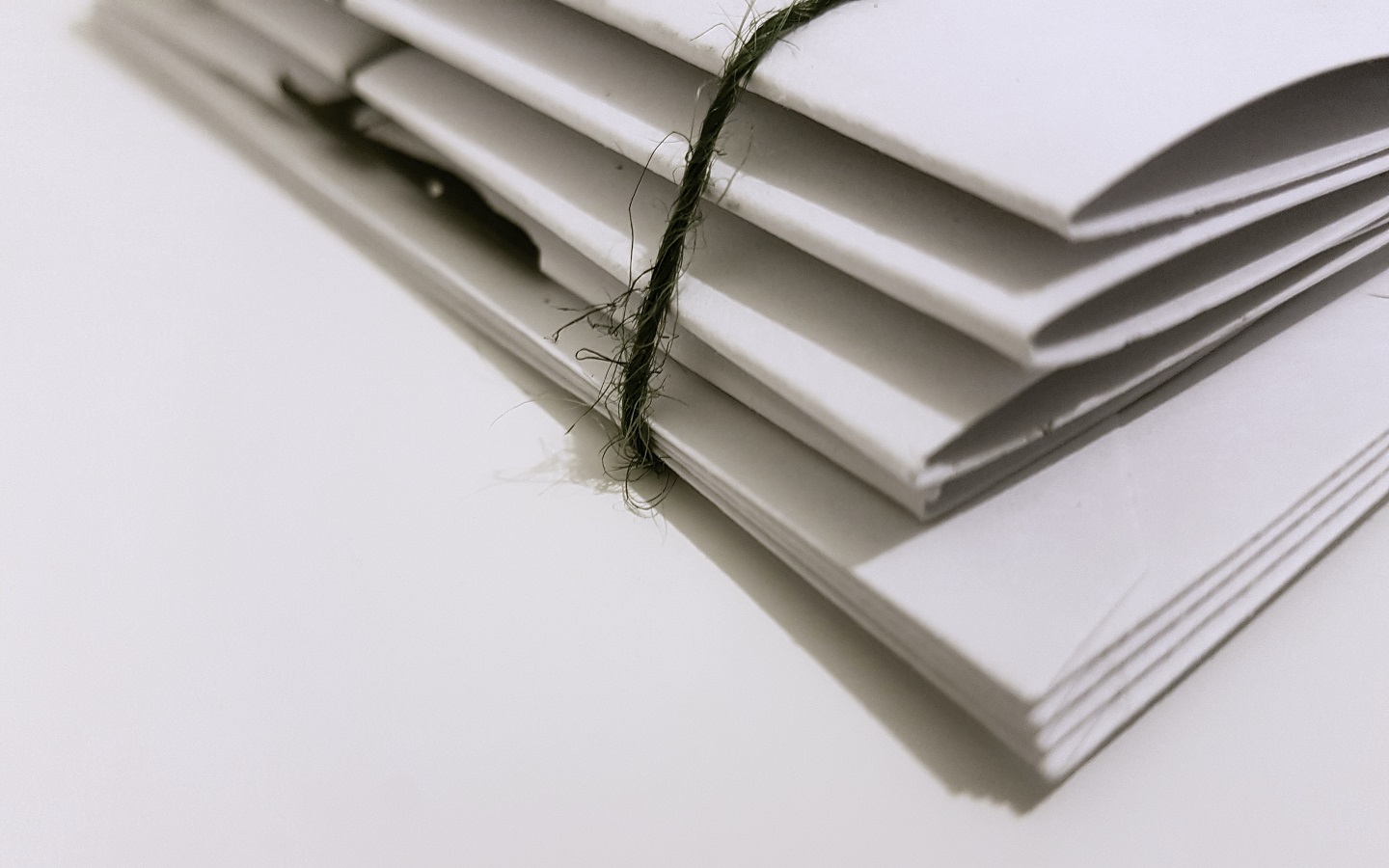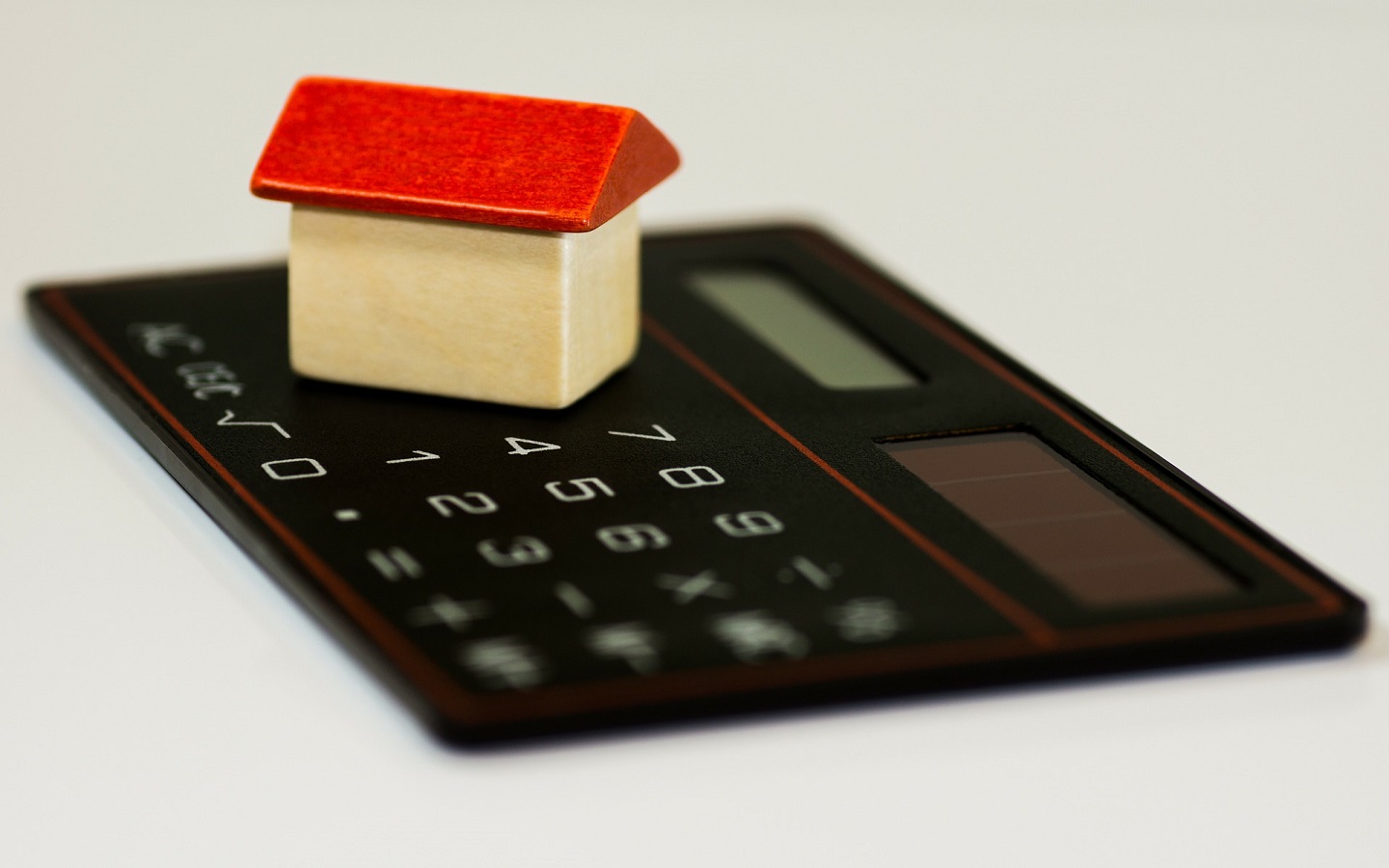As citizens of Bangladesh, we all have national identity cards which establish our identity and citizenship. Just as we need an identity card to establish our citizenship, we need a separate identification paper that proves the true ownership and location of a property or land. There is a specific term for such an identification document. It’s called a deed. People spend their hard-earned money to purchase a piece of land or inherit one from their families. But how would someone prove whether they really own that particular property or not? This is precisely where he or she would require a legal document like a deed since occupancy or control of land or property is not sufficient to establish ownership. And these deeds can be of different types. Today, we will highlight different kinds of deeds and explain their feasibility.
What is a deed?

In formal terms, a deed is the written and legally upheld form of any agreement between two parties.
But, in colloquial terms, deeds have a slightly more specific definition. Deeds in real estate are used to specify property buying or selling, property distribution, or transfer. There are five fundamental parts of a deed, such as:
- A detailed description of the land.
- The identity of the plot seller/giver.
- The identity of the plot buyer/receiver.
- Identity of the witnesses.
- The date of the deed completion.
This information needs to be included in all kinds of deeds. Once the deed is completed, it needs to be attested by a relevant government employee. This way, we establish the legal validity of the deed. According to the property laws of Bangladesh, there are 9 kinds of property deeds. We will be discussing the most common, important, and different kinds of deeds today.
Deed of Sale/Saf Kabala
A deed of sale/Saf Kabala is one of the popular deeds out of the different kinds of deeds. This type of deed specifies a sale of a property in return for a specific amount of money, therefore transferring its ownership. After the deed is written, the seller comes to the sub registrar’s office and signs the deed, and registers the property to the buyer’s name. Once the registration is complete, the seller and his/her inheritors lose all ownership rights from the specified property and the ownership gets transferred to the buyer and his/her inheritors.
Deed of Gift
Anyone from any community can donate his or her property via this deed. The deed has to be signed by the donor without any condition and the person to whom the donation has been made has to accept the donation on behalf of the person or someone else. However, in this case, the person who receives the donation must be of legal age and sound of mind. But no one can donate away the entirety of their property. They can donate only a maximum of one-third of the estate.
Hiba Deed
Hiba Deed is a type of Deed of Gift that is in accordance with Islamic laws where property ownership is gifted or donated without consideration It is given only with satisfaction. And in Hiba deeds, the donor will donate the property completely unconditionally and will give all kinds of powers including the transfer and conversion of the property to the recipient. In other words, the donor reserves no interest separately in this deed of donation. According to Islamic law, any sound of mind and non-minor Muslim can transfer their property through the registry at will.
Hiba Bil Iwaz (Exchange)
It is a type of Hiba-Bil where property ownership is transferred in return for something given voluntarily. For example, one can use the Holy Qur’an, prayer rugs, praying beads, gold ornaments, Maharana money, etc. to exchange for the Hiba. The recipient of this deed will be able to transfer and convert the land completely unconditionally and all the rights of the donor will go to the recipient. This document must be in the registry. According to Islamic law, any sound of mind and non-minor Muslim can transfer his property through the registry at will.
Iwaz (Exchange) Deeds
Through an Iwaz deed, a person can exchange properties with another person for mutual benefit. Let’s be a little simpler through an example. Suppose the land of “A” is near the house of “B” and the land of “B” is near the house of “A”. The land of the two is of equal value. In this case, on the basis of consent, “A” can register his land with “B” and “B” with his land “A” by executing a deed. Thus, the registry of a property exchange between the two parties is the deed of exchange or Iwaz Deed.
Partition Deed

The deed where inheritors of a property acknowledge that they’ve received their rightful share In this case, the partner of the property can be in two ways.
- Co-sharer by inheritance and
- Co-sharer by purchase.
The Partition Deed has to be documented through the presence and signature of all the participants. If any participant does not agree to distribute the property amicably, the matter is settled through a court case. This deed of distribution is also very important for selling the inherited land and naming the inherited property.
Wasiyatnama
If a person wants to will their property/provide their property as a gift to a third person instead of their original inheritors, he or she has to do so through a Wasiyatnama. However, in the case of the original inheritors claiming the property after the testator’s death, the person to whom the will is bequeathed will receive one-third of the property. And the other two-thirds will be owned by all the inheritors.
Will deed
A will is a legal declaration of prior written or oral determination of the distribution of the property. It is left by a person after his/her death. People from any community can make a will, but the person in whose name the will shall be made must be of legal age and a sound mind. The one who made the will can make more than one will while he is alive. But in this case, only the last will will be effective after his death. Among the different kinds of deeds, will deed is the most popular one.
Among the different kinds of deeds in our country, these deeds are most necessary for buying, selling, transferring, or donating land. Having at least a brief idea of what the deeds mean is a step forward in the legal aspects of the property. Which will help you a lot in making the decision to buy-sell-transfer or donate your property. How did you like today’s blog about different kinds of deeds? Don’t forget to comment!




